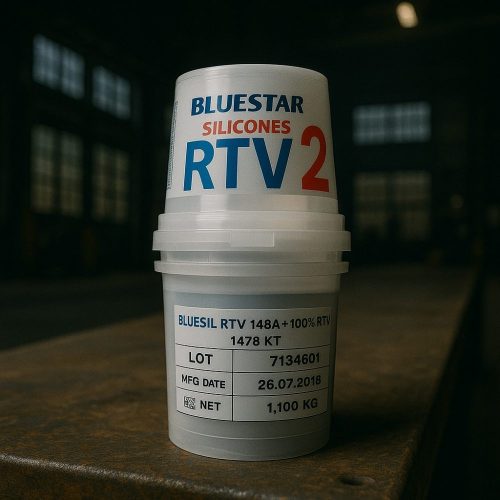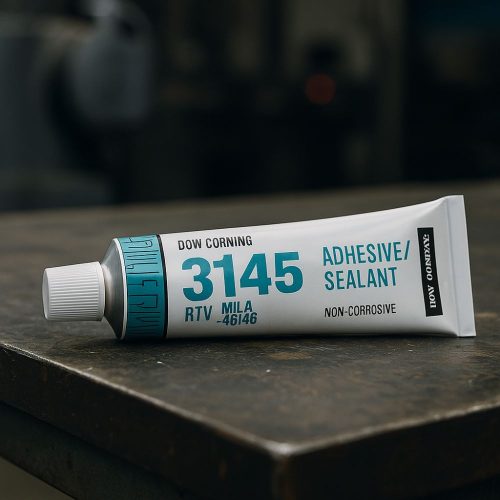La silicone resin is a silicone-based organo-mineral polymer used in demanding industrial environments to protect, encapsulate, mould or insulate sensitive components.
It generally takes the form of two-componentIt hardens at room temperature or under heat, forming a flexible, resistant and stable material over the long term.
Its exceptional flexibility, thermal resistance, elasticity and chemical stability have made it a benchmark in many sectors: electronics, medical, aeronautics, energy, automotive or industrial automation.


The use of a technical silicone resin ensures that the comprehensive, reliable and long-lasting protection in the harshest environments:
Silicone resin is a material versatilewhich combines physical and chemical protection while respecting the constraints of flexibility, stability and safety.
Silicone resin is ideal for insulation of components subjected to thermal cycles or vibratory shockswhere other resins become brittle.
La RTV (Room Temperature Vulcanizing) silicone resin is commonly used for high-precision moulding without the need for an oven. exceptional demouldability.
The hypoallergenic and stable properties of silicone resin are sought after to guarantee user safety.
Thanks to its lightness low smoke emissionsand its long-term stabilitySilicone resin is also used in avionics and on-board electronics.
Formulated for completely encapsulate electronic componentssilicone encapsulating resin offers a high level of 360° protection.
Designed to withstand peaks of up to +250 °C, or even +300 °CThis resin is ideal for :
This formulation ensures permanent flexibilityeven after years in a damp or cold environment.
At ADDEV Materialswe select silicone resins comply with the most stringent requirements:
At ADDEV Materialswe can provide you with a complete range of technical silicone resinswith expert support from start to finish:
We support you in selection, testing, integration and optimisation of your silicone resins, with the aim of make your production more reliable and secure your components.
📞 Contact ADDEV Materials as of now for a technical recommendation or to receive a sample of silicone resin adapted to your application, temperature, humidity or durability constraints.
It is a liquid or pasty polymer that hardens by chemical reaction and offers a high level of resistance. high flexibility, excellent thermal resistance and a very good electrical insulation. It is used for moulding, encapsulating and protecting components.
La epoxy resin is rigid when cured, very resistant mechanically, but sensitive to vibration. The silicone resinIt remains flexible, is more elastic, resists extreme temperatures better and absorbs shocks better.
Yes, it's ideal for encapsulating electronic cards, sensors or connectorsThanks to its insulating properties and its ability to follow thermal expansion without constraint.
Yes. Thanks to his resistance to UV, humidity and extreme temperaturesIt is perfectly suited to outdoor or on-board environments.
Yes. Some formulations are certified biocompatible or compliant with food standards (FDA, USP). They are used in prostheses, food moulds or medical devices.